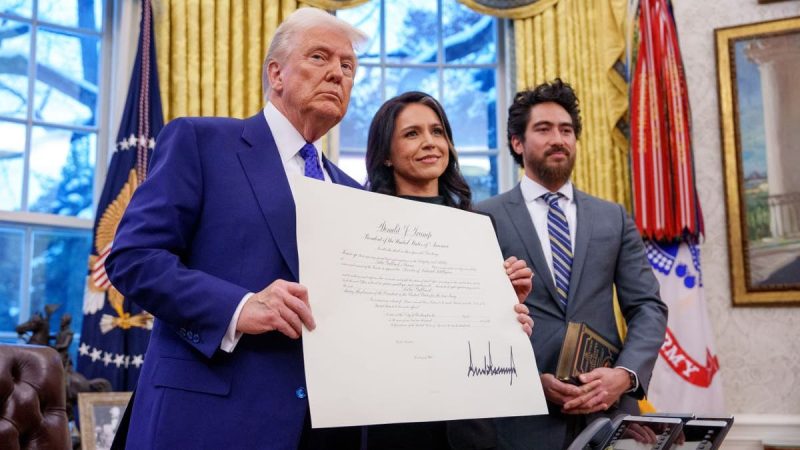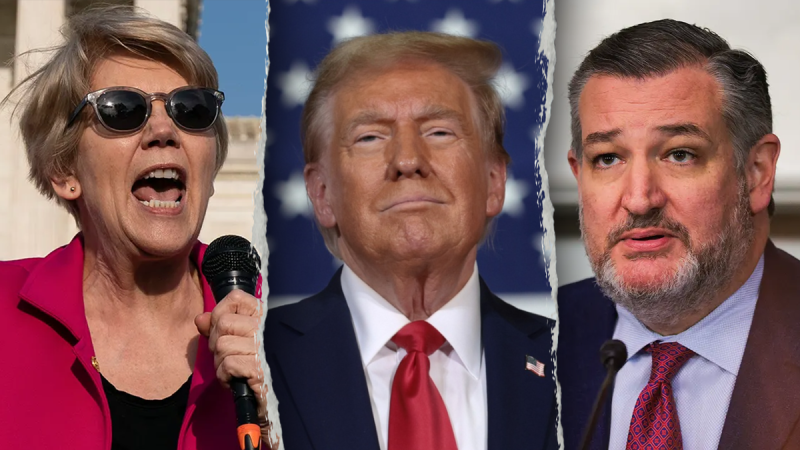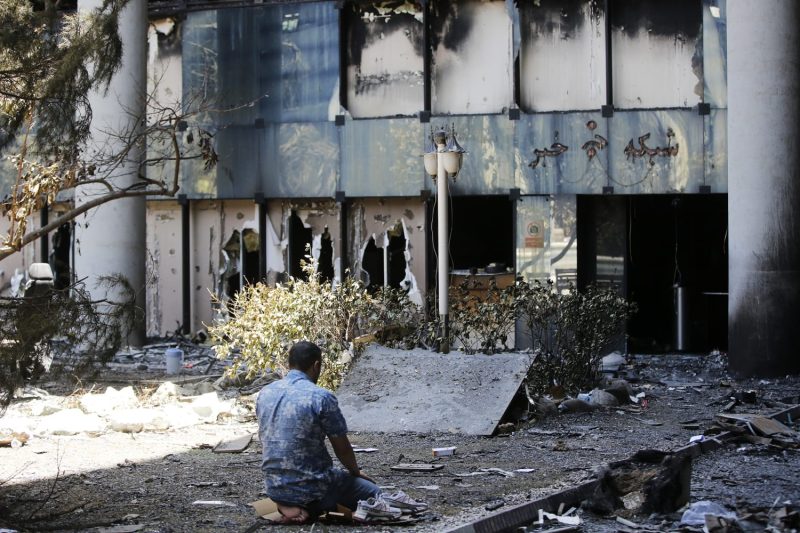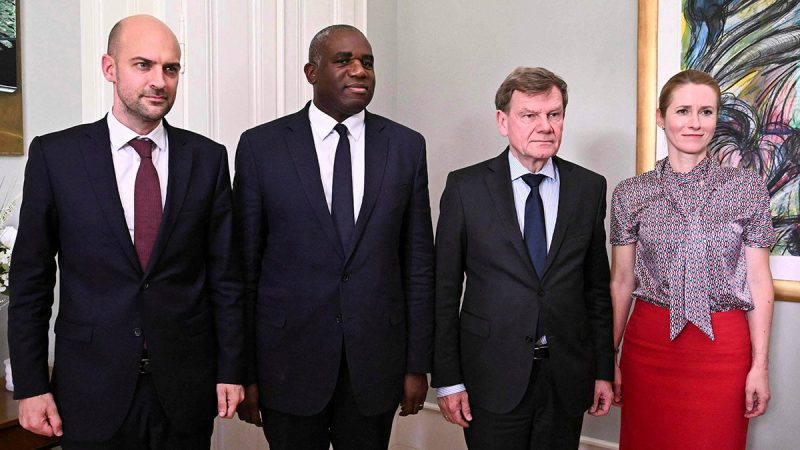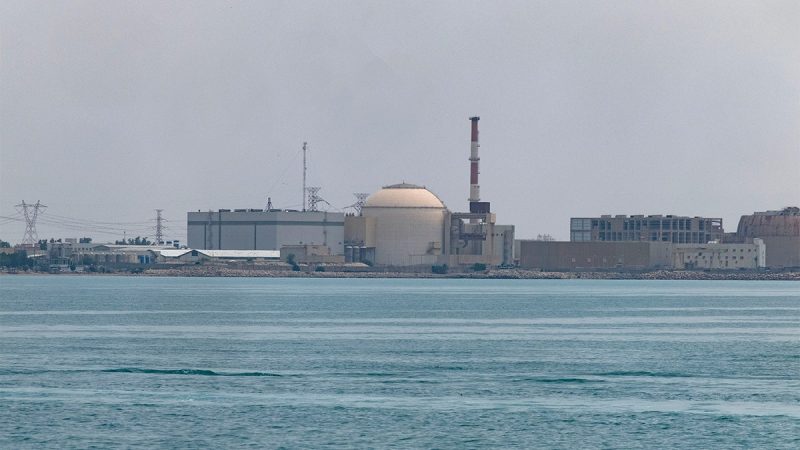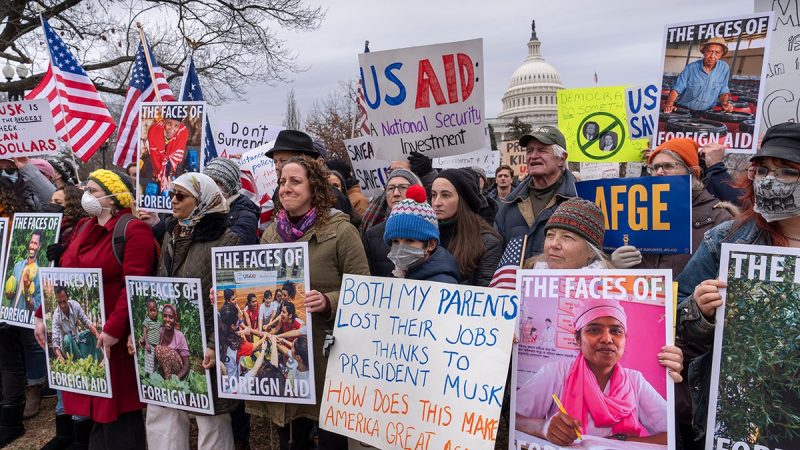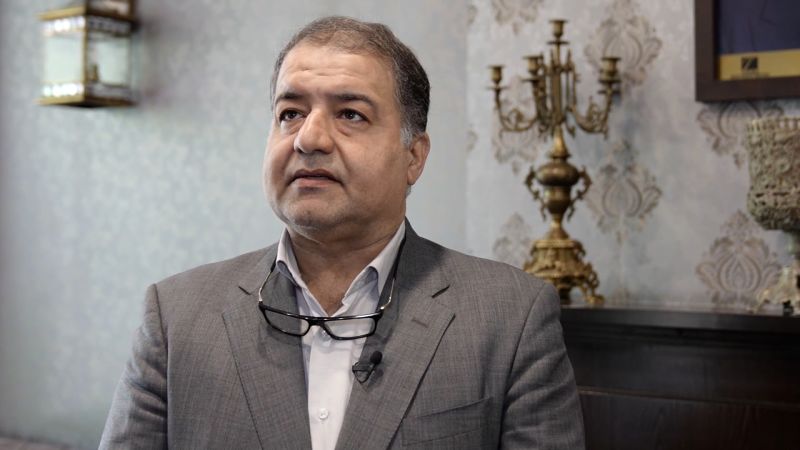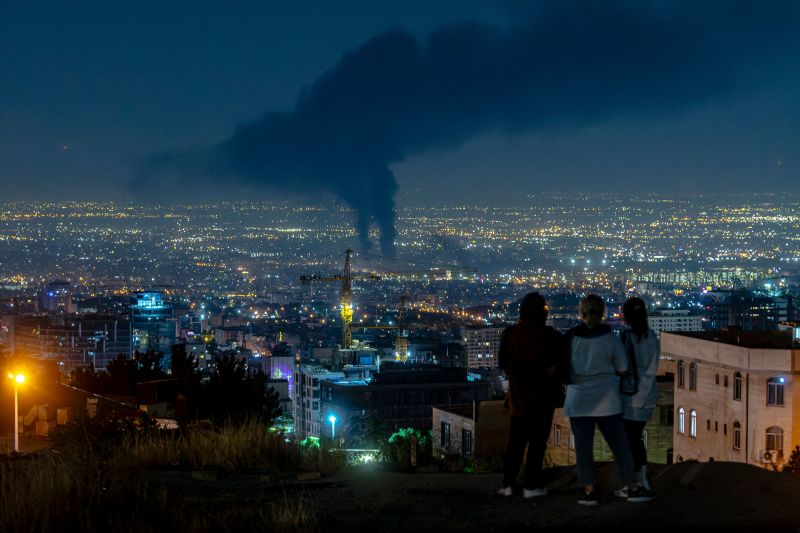

Here’s a quick recap of the crypto landscape for Friday (June 20) as of 9:00 p.m. UTC.
Get the latest insights on Bitcoin, Ethereum and altcoins, along with a round-up of key cryptocurrency market news.
Bitcoin and Ethereum price update
Bitcoin (BTC) is priced at US$103,366, a decrease of 0.9 percent in the last 24 hours. The day’s range for the cryptocurrency brought a low of US$102,624 and a high of US$106,042 as the market opened.

Bitcoin price performance, June 20, 2025.
Chart via TradingView.
The Bitcoin price stalled after reaching around US$106,500, then sank below US$104,000 as an unusually large expiry of options and futures contracts worth US$6.8 trillion occurred on US stock indexes.
The US Federal Reserve held interest rates steady on Wednesday (June 18), but Christopher Waller, a member of the Federal Reserve Board of Governors, said a cut is possible next month if inflation remains controlled.
Cuts typically boost risk assets like Bitcoin. Markets have already pushed the US dollar index to a three year low, so a surprise rate cut could further weaken the dollar and propel Bitcoin forward.
Ethereum (ETH) is currently priced at US$2,415.98, a 3.5 percent decrease over the past 24 hours. Its lowest valuation on Friday was US$2,396.50, and its highest valuation was US$2,556.46 as trading commenced.
Altcoin price update
- Solana (SOL) was priced at US$139.45, down 4.1 percent over 24 hours. SOL experienced a low of US$136.98 after peaking at its opening price of US$147.68.
- XRP pulled back from its opening price of US$2.17, its highest valuation of the day, to trade at US$2.12 as the markets wrapped, a 2.1 percent decrease in 24 hours. Its lowest valuation on Friday was US$2.09.
- Sui (SUI) closed at US$2.72, a declineof 3.9 percent over the past 24 hours. Its price also peaked this morning at US$2.85 and its lowest valuation was US$2.66.
- Cardano (ADA) is priced at US$0.5783, down 3.6 percent in 24 hours. Its lowest valuation on Friday was US$0.5636, and its highest valuation was US$0.6044.
Today’s crypto news to know
Coinbase launches Stablecoin payments platform for e-commerce
Coinbase Global (NASDAQ:COIN) has unveiled a new product called Coinbase Payments, designed to help online retailers accept stablecoins like USDC with minimal friction. The system is built to mirror traditional card infrastructure so that merchants can plug it in without having deep cryptocurrency knowledge.
The platform targets marketplaces such as Shopify (TSX:SHOP,NYSE:SHOP) and eBay (NASDAQ:EBAY), giving small to medium businesses a cost-effective alternative to credit card fees.
Shopify is the first to integrate the system, allowing merchants to accept USDC payments through Coinbase’s Layer 2 Base network. The platform supports crypto wallets like Coinbase Wallet, MetaMask and Phantom and includes features for transaction authorization, refunds and recurring payments.
Circle surges as Senate approves Stablecoin Bill
Circle (NYSE:CRCL) shares continued to rally on Friday, jumping another 11 percent after a 34 percent surge the day before, as momentum builds behind a Senate-approved bill to regulate stablecoins.
The GENIUS Act, a bipartisan effort, could bring long-awaited legal clarity to stablecoin issuers like Circle, which manages the US$32 billion USDC token. Although the bill still needs approval from the House and requires a signature from US President Donald Trump, investors are already optimistic.
Circle shares are now trading at US$221, up from an initial public offering price of just US$31 — signaling massive investor confidence amid a changing regulatory climate.
South Korea’s central bank weighs in on stablecoins
Bank of Korea Governor Rhee Chang-yong said at a press conference this week that the central bank is not opposed to a won-based stablecoin, but is concerned about managing the FX of the token, according to Reuters report.
‘Issuing won-based stablecoin could make it easier to exchange them with a dollar stablecoin rather than working to reduce the use of a dollar stablecoin. That in turn could increase demand for dollar stablecoin and make it difficult for us to manage forex,’ Chang-yong told reporters in Seoul.
Earlier this month, South Korea’s Democratic Party proposed the Digital Asset Basic Act, which aims to establish a regulatory framework to enable local companies to issue won-denominated stablecoins.
Parataxis to launch institutional Bitcoin treasury company
Parataxis Holdings, an affiliate of digital asset-focused investment company Parataxis Capital Management, announced Friday that it has entered a definitive agreement to acquire a controlling interest in biotech company Bridge Biotherapeutics (KOSDAQ:288330) for an investment of 25 billion South Korean won, roughly US$18.5 million.
Following the closing of the deal, Parataxis will become Parataxis Korea and be repurposed as a treasury vehicle for institutional Bitcoin exposure, joining a growing list of companies holding Bitcoin on their balance sheet.
“Inspired by the growing interest in BTC treasury strategies seen in companies like Strategy in the US and Metaplanet in Japan, we believe institutional interest in this space is increasing globally,” said Andrew Kim, a partner at Parataxis Capital. “We see South Korea as an important market in the evolution of BTC adoption.”
“We are incredibly excited to create the first BTC treasury company in South Korea backed by an institutional-grade platform. Given the strategic nature of BTC on the global stage and its finite supply, we believe that building and growing a company like Parataxis Korea and accumulating a BTC treasury will benefit our shareholders as well as the country over the long run,” echoed founder Edward Chin.
Kraken introduces Bitcoin staking with Babylon partnership
Kraken, a leading cryptocurrency exchange, made a landmark announcement on Thursday (June 19), revealing a strategic partnership with Bitcoin staking protocol Babylon to introduce a staking product that allows Kraken users to earn interest on their Bitcoin holdings without the need for bridging, wrapping or lending.
These traditional methods, while enabling some forms of yield generation, can introduce additional risks and technical hurdles for users. Kraken and Babylon aim to provide a more streamlined, secure and accessible way for Bitcoin holders to generate passive income. The interest earned through this new product will come in the form of BABY tokens, the native cryptocurrency of the Babylon protocol.
Arizona advances bill to create state Bitcoin reserve
Arizona is one step closer to becoming the second US state with an official Bitcoin reserve, after its Senate narrowly passed House Bill 2324. The bill allows the state to hold abandoned digital assets as unclaimed property and establishes a Bitcoin and digital assets reserve fund for those holdings. The news comes on the heels of House Bill 2749, which was signed into law in April and amended Arizona’s forfeiture laws to recognize digital assets.
HB2324 will now return to the House for final approval before heading to the governor’s desk. Earlier efforts to invest seized funds directly into BTC were vetoed by Governor Katie Hobbs, who cited concerns over crypto’s volatility.
If passed, Arizona would join New Hampshire in formalizing a state-level Bitcoin reserve.
Similar legislation is pending in Texas.
Securities Disclosure: I, Giann Liguid, hold no direct investment interest in any company mentioned in this article.
Securities Disclosure: I, Meagen Seatter, hold no direct investment interest in any company mentioned in this article.



